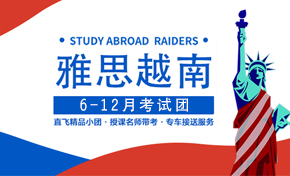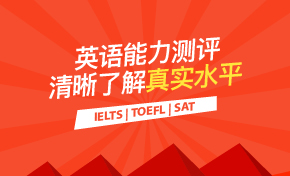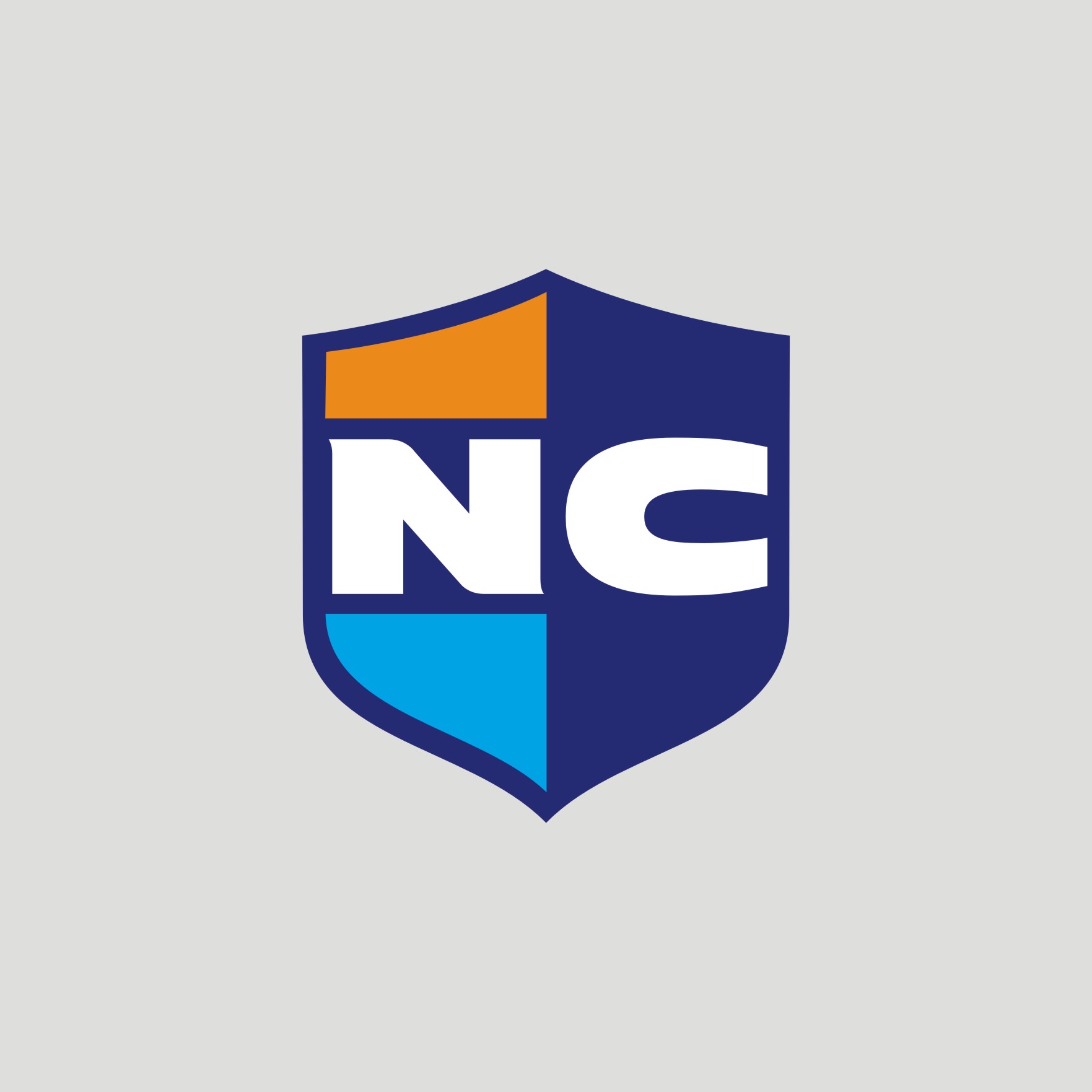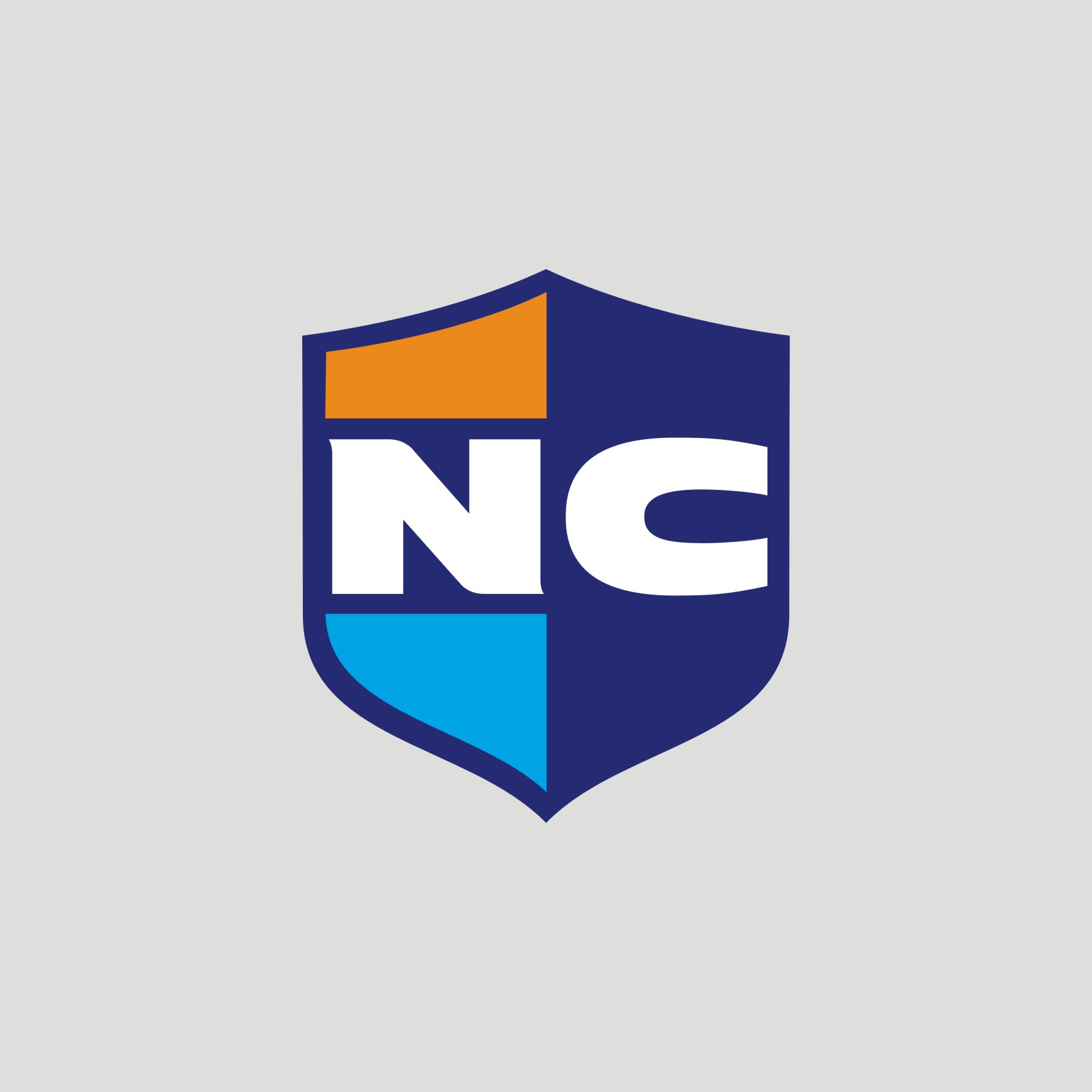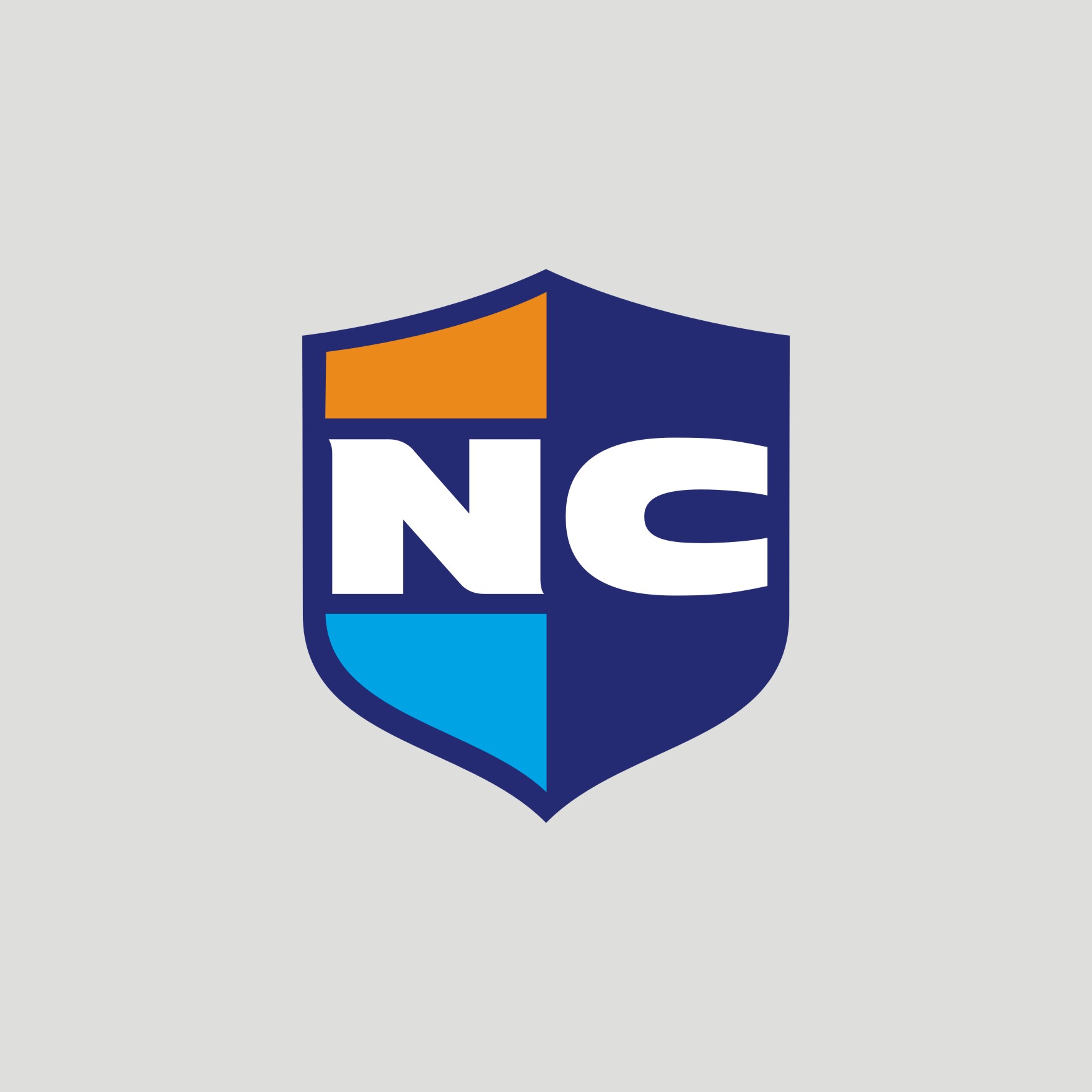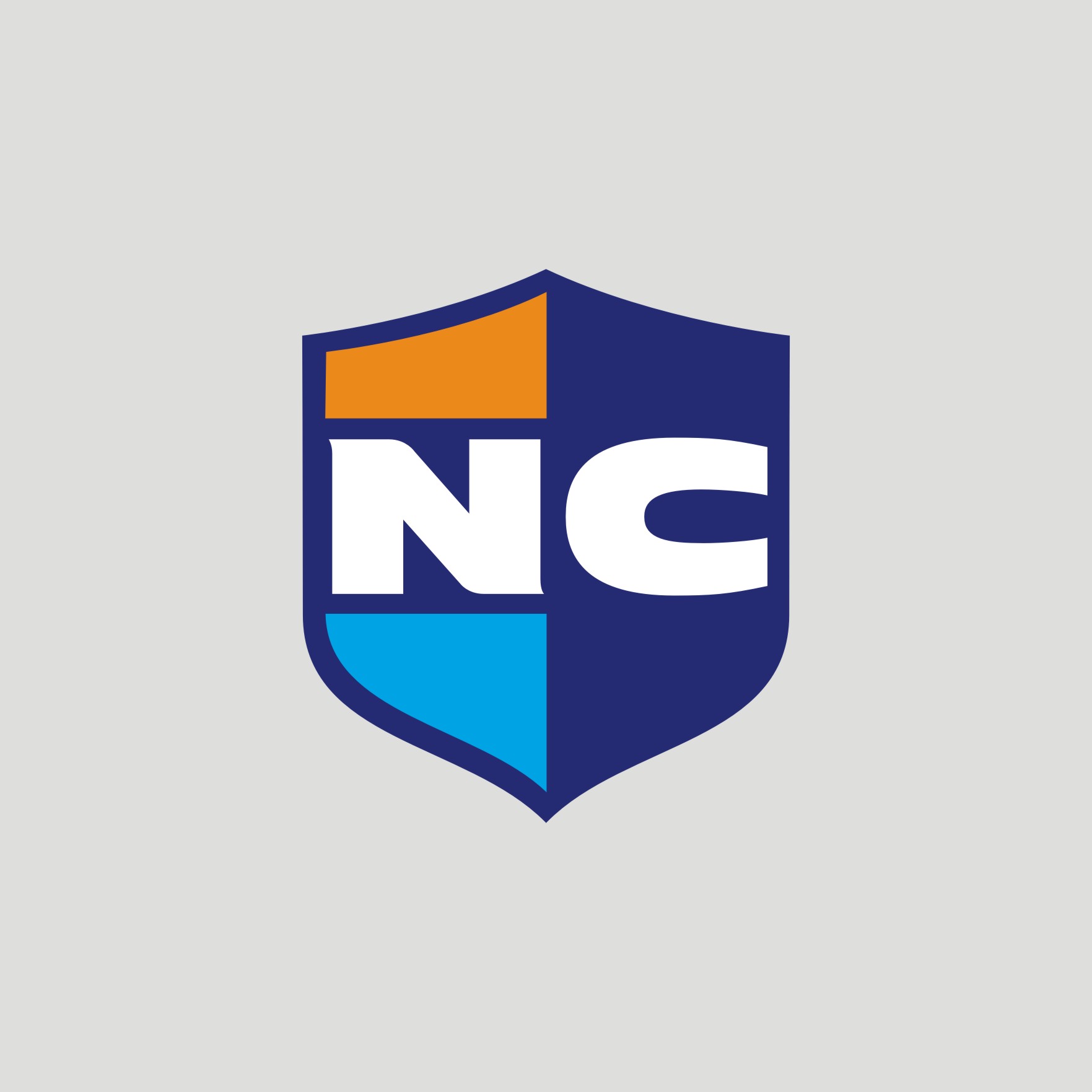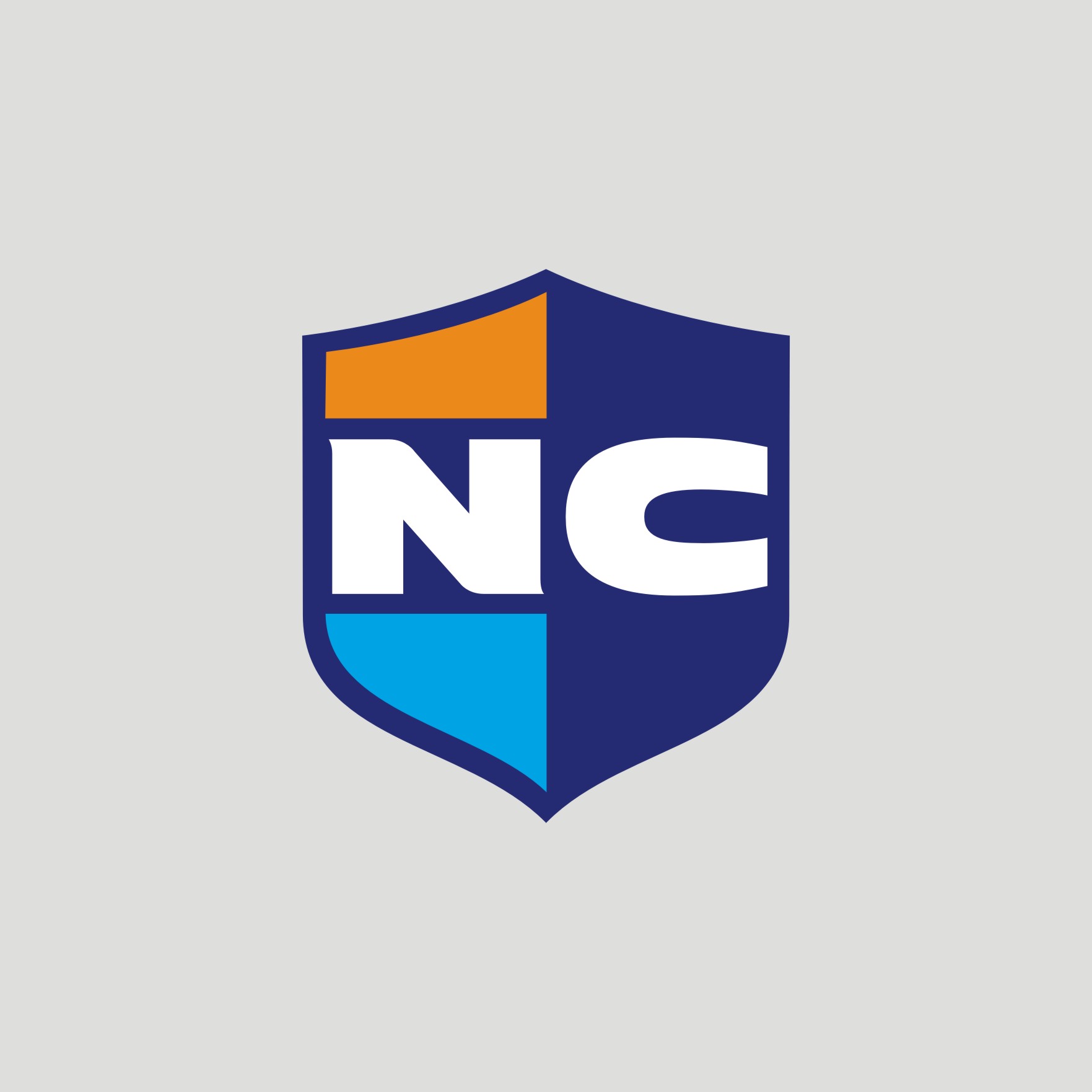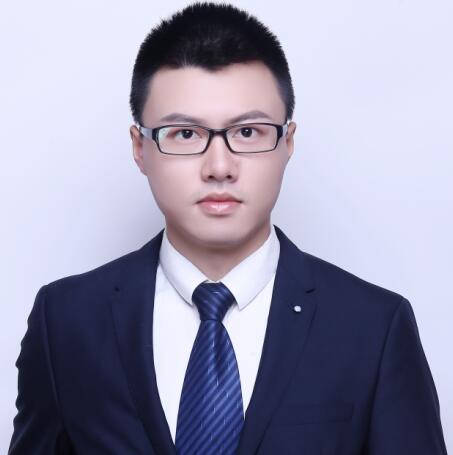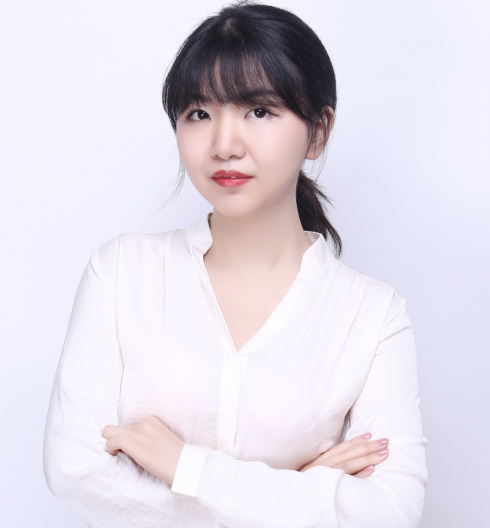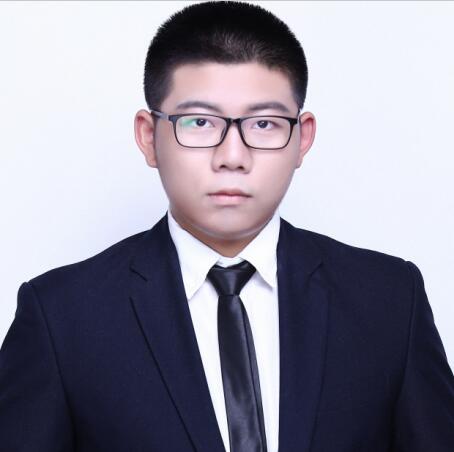供稿单位:互联网 责编:本站编辑 浏览: 0 次
雅思阅读模拟试题,成都新航道祝大家雅思考试顺利
People often ask which is the most difficult language to learn, and it is not easy to answer because there are many factors to take into consideration. Firstly, in a first language the differences are (66) as people learn their mother tongue naturally, so the question of how hard a language is to learn is only (67 ) when learning a second language.
A native speaker of Spanish, (68) , will find Portuguese much easier to learn than a native speaker of Chinese, because Portuguese is very similar to Spanish, (69) Chinese is very different. So first language can (70) learning a second language. The greater the differences between the second language and our first are, the (71) it will be for most people to learn. Many people answer that Chinese is the hardest language to learn, possibly (72) by the thought of learning the Chinese writing system, and the pronunciation of Chinese does appear to be very difficult for many foreign learners. (73) , for Japanese speakers, who already use Chinese characters in their own language, learning (74) will be less difficult than for speakers of languages using the Roman alphabet.
Some people seem to learn languages (75) , while others find it very difficult. Teachers and the (76) in which the language is learned also play an important role, as well as each learner’s motivation for learning. If people learn a language because they need to use it (77) , they often learn it faster than people studying a language that has no direct use in their day to day life.
(78) from different cultures will find different languages more difficult. No language is easy to learn well, (79) languages which are related to our first language are easier. Learning a completely different writing system is a huge (80) , but that does not necessarily make a language more difficult than another.
66. A. apparent B. extensive C. decline D. unimportant
67. A. relevant B. permanent C. essential D. progressive
68. A. by contrast B. in addition C. for example D. after all
69. A. when B. while C. where D. whether
70. A. affect B. achieve C. attach D. assemble
71. A. easier B. harder C. faster D. slower
72. A. inherited B. overtaken C. influenced D. restricted
73. A. However B. Moreover C. Therefore D. Anyhow
74. A. speaking B. listening C. reading D. writing
75. A. gradually B. steadily C. readily D.subconsciously
76. A. learners B. materials C. tutors D.circumstances
77. A. occasionally B. professionally C. properly D. informally
78. A. societies B. characters C. individuals D. visitors
79. A. as B. though C. because D. since
80. A. success B. surprise C. opportunity D. challenge
66—70 DACBA 71—75 BCADC 76—80 DBCBD
成都新航道课程咨询,欢迎拨打免费热线:400-998-6000
成都新航道英语培训学校开设:成都雅思培训、成都托福培训、成都sat培训、英语口语培训、个性化1对5,1对1学习、剑桥青少英语、剑桥商务英语.
更多雅思资料请扫描二维码


热门文章
- 雅思成绩有效期多久?过期了怎么办?07/06
- 雅思IELTS官方服务电话是多少?09/29
- 雅思成绩有效期几年?雅思过期了还有什...02/18
- 雅思有效期几年?过期后要重考吗?03/22
- 成都雅思考试地点哪个好?08/08
- 雅思听力part3速度跟不上怎么办?03/25
- 雅思听力定位不到答案怎么办?03/24
- 2020年9月雅思听力考情预测及备考技巧!09/04
- 雅思听力单选题你被“坑”了吗?05/25
- 雅思听力提升语速备考技巧03/28
- 2021年3月雅思阅读真题考点和题型分析04/09
- 雅思阅读自然科技相关词汇汇总03/26
- 雅思阅读定位 特殊词的特殊情况04/02
- 雅思阅读套路最深的"Not Given"怎么破...03/30
- 雅思阅读考试技巧:寻找“特殊词”03/27
- 2021年4月10日雅思大作文范文:为什么...04/13
- 2021年4月3日雅思大作文真题及范文:从...04/07
- 2021年3月27日雅思大作文高分范文及解析03/30
- 2021年3月20日雅思大作文真题范文:警...03/23
- 2021年3月13日雅思大作文参考范文及解析03/16



